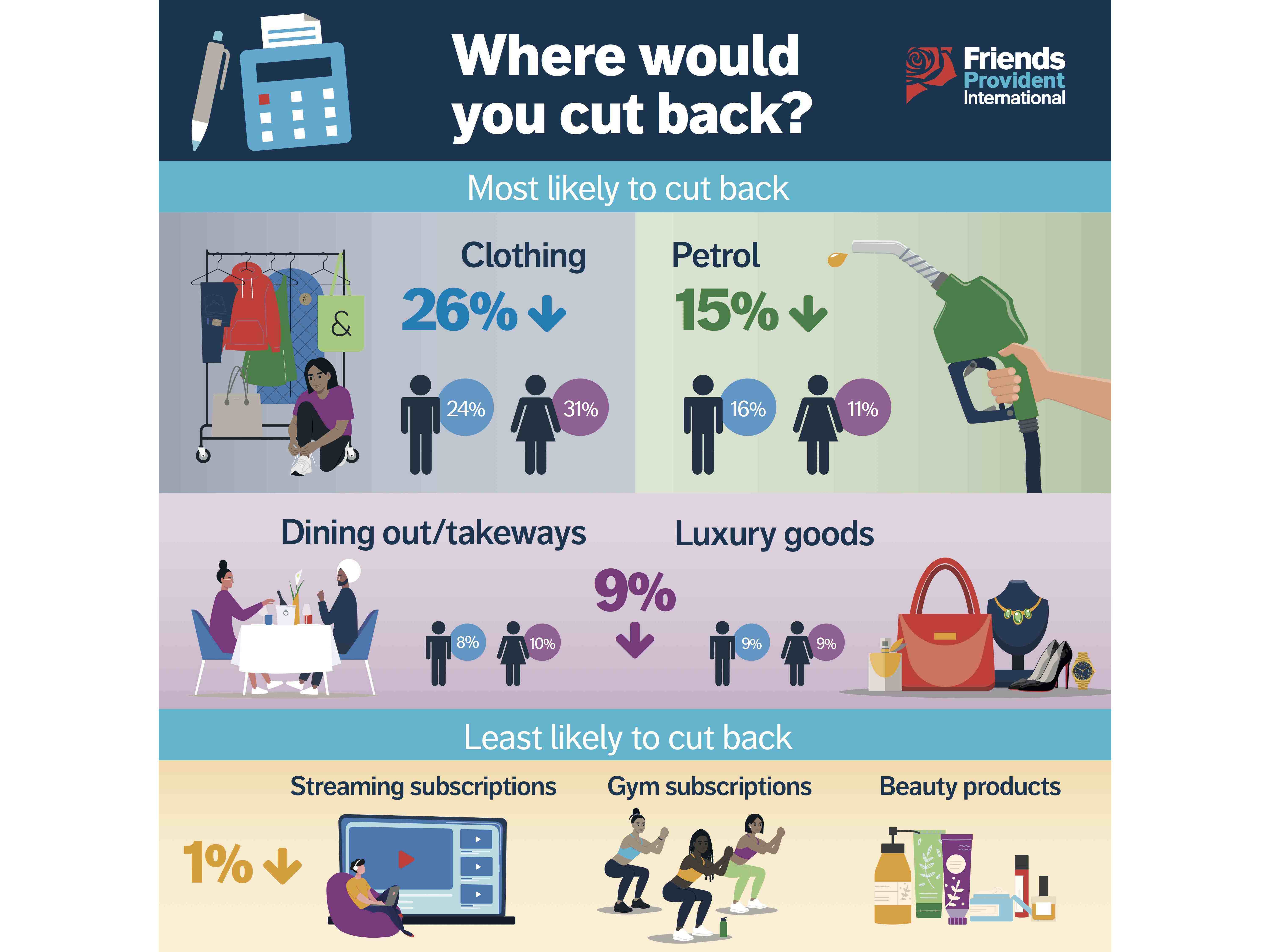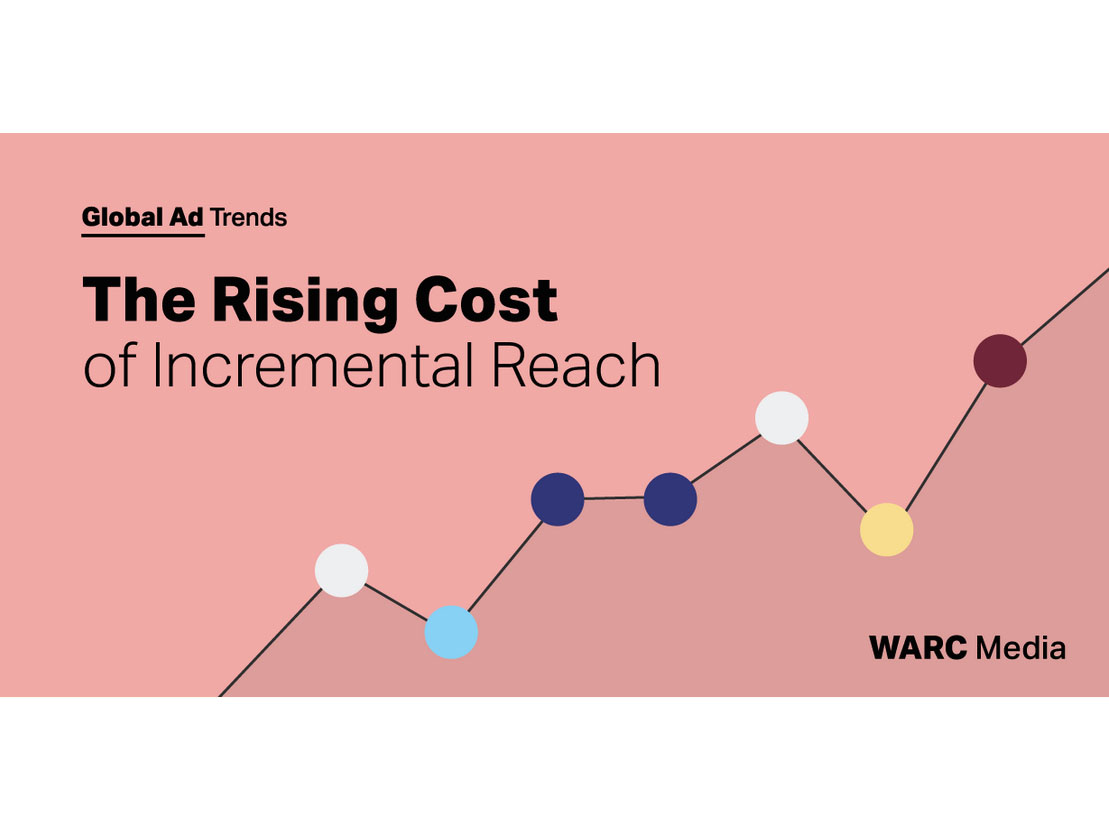Industry Talk
Gray Mackenzie’s Ralph el Kahi: ‘Still room for growth within the supermarket sector in Lebanon’
by Ghada Azzi
March 6, 2024
.jpg) Advertisement
AdvertisementShifting consumer preferences and microeconomic trends in the Lebanese market—namely inflation—have increased the complexity for retailers and FMCG companies as they seek to manage conflicting priorities. For Ralph el Kahi, Chief Marketing Officer at Gray Mackenzie, the retail group that owns and operates renowned supermarkets brands in Lebanon, among which Spinneys, Happy and Grab’nGo, plenty of bright spots can be found within the local challenging retail climate. With a talk to ArabAd, el Kahi shares insights about Lebanese shopping behaviors, as inflation continues to affect buying decisions.
Do you feel the Lebanese population is price sensitive at this point? If so, how acute is this sensitivity?
In light of Lebanon's economic difficulties, Gray Mackenzie acknowledges the heightened price sensitivity among the population, stemming from factors such as inflation, monetary & banking crisis and rising unemployment rates. This economic and financial crisis has significantly impacted consumer behavior.
How is the overall spending in the FMCG market shifting, including basket size and frequency?
A noticeable shift is the increasing preference for essential and cost-saving items, leading to smaller basket sizes and less frequent purchases. This shift reflects individuals' response to decreased purchasing power, as they adapt their budgets to cope with financial constraints. Interestingly, there's a notable inclination towards immediate necessities over stockpiling for a month, as people find it a more cost-effective approach.
At Gray Mackenzie, we view these challenges as opportunities to make a positive impact and remain committed to adaptability. To address issues of cost and product availability and to better accommodate consumers' purchasing power, our brand stores play a crucial role.
For instance, consider Spinneys, where we ensure a diverse offering of high-quality products by importing different brands for the same product and buy creating tens of own label brands, providing consumers with a range of choices. Similarly, under our Happy discount store, we offer alternative good-quality brands at lower prices, giving consumers the option to choose quality alternatives to the brands they're accustomed to. Additionally, Grab'nGo is built around the convenience concept, providing imported items daily and a diverse range of products that meets everyday needs whether you are on the go or at home.
The Lebanese have always been known to be brand loyal. Do you feel this is still the case? What is the most striking shift that occurred in behavior and consumer preferences?
Lebanese consumers have long been recognized for their brand loyalty, a trait that has persisted during the economic challenges of recent years. While the crisis did prompt some individuals to explore alternative options due to financial constraints, it's important to highlight that many remained loyal to their preferred brands. Additionally, as we begin to enter a recovery phase, consumers, who settled for alternatives, are now returning to their trusted brands. It reflects a sense of stability and confidence in the brands they know and trust.
Moreover, despite the influx of new brands into the market during the crisis, not all were successful. Lebanese consumers prioritize quality over price. This emphasis on quality ensured that while some new brands gained attraction, others failed to meet consumer expectations. Also, there was a notable surge in support for local brands, provided they maintained high-quality standards.
Gray Mackenzie is actively aligning with and supporting the consumer preferences through a range of strategic initiatives. Across our three banners—Spinneys, Happy Discount Store, and Grab’nGo—we offer exclusive brands and high-quality imported products to meet the needs of Lebanese consumers in addition to our GMRL own labels and brands.
Do you believe the Lebanese consumer has switched to locally-produced brands instead of their international competitors?
The question of whether Lebanese consumers have shifted towards locally-produced brands over their international competitors is indeed multifaceted. On one hand, it's evident that the economic challenges Lebanon has faced in recent years have increased support for local brands. This support is not just a reaction to the crises but also reflects a broader global trend towards favoring locally-produced goods and supporting domestic industries. Consumers are increasingly conscious of the social impact of their purchasing decisions, which often leads them to prioritize locally-made products and small businesses.
However, it's essential to note that the success of local brands depends on their ability to meet consumer expectations, particularly in terms of quality. While some consumers may be inclined to support local brands out of a sense of national pride or solidarity, this support is only sustainable if the products offered meet or exceed the quality standards set by international competitors.
“As we begin to enter a recovery phase, consumers, who settled for alternatives, are now returning to their trusted brands.”
This being said, local brands have not been proven to be price competitive, even if international brands actually cost import duties, why do you think this is the case?
Regarding the perception that local brands are not price competitive compared to international ones, there are several factors at play. Import duties and taxes certainly contribute to the higher cost of international brands, but it's also important to consider economies of scale and production efficiencies that may give larger international brands a cost advantage.
What can you tell us about the many private-label brands that you have been developing at Gray Mackenzie Retail Lebanon (GMRL)?
At GMRL we are also committed to sustainability and ethical sourcing practices by supporting local startups and businesses with strategical partnerships and alliances with NGOs and socially active entities.
How was the average consumer's spending during the holidays, which are always a sort of barometer for supermarkets when it comes to the state of their consumers?
During the holidays, which are always a significant barometer for supermarkets, we observed a positive fluctuation in consumer spending despite the challenging circumstances. In Lebanon, the holiday season is a time of joy, celebration, and togetherness. As Lebanese people, we are determined to enjoy the festive season to the fullest against all odds.
One notable factor that contributed to increased consumer spending during the holidays was the return of expatriates to Lebanon. Many expats chose to come back home to celebrate with their families, which led to a boost in demand for various goods and products in supermarkets.
Furthermore, Lebanese enjoy gathering with family and friends during the holidays, enjoying special meals and exchanging gifts. This tradition is not going to change, so they are willing to spend on ingredients and products to ensure memorable celebrations.
Now that the economy has been Dollarized and practically only cash-based, do you feel this has had any impact on your average consumer?
The transition to a dollarized and predominantly cash-based economy has certainly had an impact on our average consumer by offering a kind of stability in prices and dollar rate. While this shift is not ideal for the nation and its currency in the long term.
In addition to the benefits of stability and predictability, the transition to a dollarized economy has also eased the burden on consumers when it comes to handling large sums of Lebanese pounds (LP). Given the high levels of inflation and the depreciation of the Lebanese pound, large transactions in local currency can require significant quantities of cash, which can be impractical for both consumers and businesses alike.
Moreover, with salaries often being paid in US dollars, consumers find it easier to manage their finances and plan their expenses. The use of a single currency simplifies transactions and eliminates the uncertainties associated with currency fluctuations, providing individuals with a sense of security in their financial dealings.
However, it's important to acknowledge that while dollarization may offer short-term benefits in terms of stability, it is not a sustainable solution for the broader economy. Relying heavily on a foreign currency can undermine the country's monetary sovereignty.
Has the marketing budget of your suppliers changed within the last economic crash and do you see any change in their yearly strategies?
During the economic downturn, we did observe some changes in the marketing budgets and strategies of our suppliers. Initially, many international suppliers reduced or even halted their marketing spendings as they struggled with the uncertainties of the crisis. Instead, they focused on supporting their local distributors by backing up prices and offering discounted costs to help reduce the impact of the economic challenges.
However, over the past few quarters, we've seen a shift as suppliers have become more active in their marketing efforts once again. They've started to allocate budgets towards marketing activities and investing in promotional campaigns. This renewed activity indicates a growing confidence among suppliers in the resilience of the market and a willingness to engage with consumers more actively.
Additionally, there have been local suppliers who have demonstrated strategic foresight during these challenging times. These suppliers have focused on strengthening their brand equity and investing in initiatives to enhance brand awareness and loyalty among consumers.
“Consumers are increasingly conscious of the social impact of their purchasing decisions, which often leads them to prioritize locally-made products and small businesses.”
What can you tell us about shopping for groceries online.. Is it in very high demand among Lebanese consumers?
Online grocery shopping has witnessed a significant rise among Lebanese consumers, and it's fascinating to see how it has evolved into a crucial aspect of their behavior. What initially started as a response to the challenges posed by the COVID-19 pandemic has now transformed into a trend, given the ongoing circumstances in our environment. It is not something that is limited to supermarkets, it is seen across various shopping stores (clothes, housing, technology…)
Considering the current economic uncertainties and the added pressure from fuel increased prices, online grocery shopping has transitioned from a convenience to a practical and essential solution.
At Gray Mackenzie, enhancing the online shopping experience is part of our strategy, we have made online shopping convenient but also rewarding. Our platforms offer customers the opportunity to accumulate points for future purchases, and we consistently provide attractive offers and promotions, adding extra value to their online shopping journey. We have established e-commerce at Spinneys, which offers the same great quality, freshness & choice you'd find in store, and the quick commerce (fast delivery) that falls in line with the concept of Grab n Go.
Growth within the Supermarkets & Grocery Stores in Lebanon has become limited, mainly caused by high competition. How true is that statement? And what is Spinneys doing to leverage the shopping experience?
While it's true that the supermarket and grocery store sector in Lebanon faces significant competition, it would be inaccurate to suggest that growth has become limited. In fact, there is still considerable room for growth and expansion within the industry.
When considering the international average of supermarkets in a country, Lebanon falls below the average. However, as part of our expansion strategy, GMRL has actively pursued expansion initiatives over the past two to three years, resulting in the opening of tens of new stores across Lebanon under Happy and Spinneys banners. Additionally, our partnership with IPT is paving the way for the opening of ten Grab'n Go convenience stores. Moreover, one significant development is Gray Mackenzie’s new affiliation with an international franchise that we will be announcing shortly.
This marks just the beginning of our plans, as we intend to open more branches and stores, reaffirming our commitment to contributing to the Lebanese economy, creating market opportunities, and meeting international standards. We constantly strive to stand out, be it through innovative initiatives, leveraging the strength of global brands to enhance the shopping experience for Lebanese consumers, or engaging in strategic partnerships and alliances.
Anything you’d like to add?
Entering 2024, we embrace a renewed spirit. As we look ahead, we are optimistic about the future and anticipate a year characterized by minimized setbacks and forward momentum.
Central to our positive journey is the establishment of new partnerships and collaborations not only in our grocery retail business but also in our distribution company, F&B and production arms. These alliances will play a vital role in our journey towards growth and innovation.
Moreover, as we celebrate Spinneys' 75th anniversary this year, we are excited to embark on a year-long celebration filled with projects. These initiatives are designed to satisfy our shoppers, reflecting our unwavering commitment to providing exceptional experiences.
Additionally, our corporate social responsibility (CSR) continues to be a cornerstone of our identity. As we move forward, we continuously aim to make a positive impact on the communities we serve, demonstrating our commitment to social and environmental responsibility.
Most importantly, we remain committed to our belief in Lebanon and its potential. We are dedicated to nurturing and empowering young talents, providing them with opportunities to thrive and contribute to our collective success.








.jpg)










